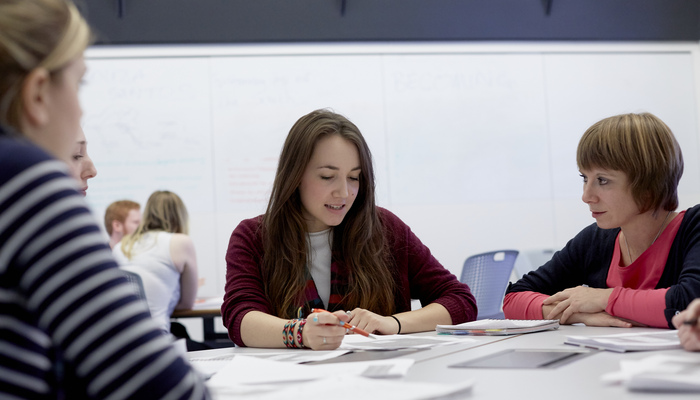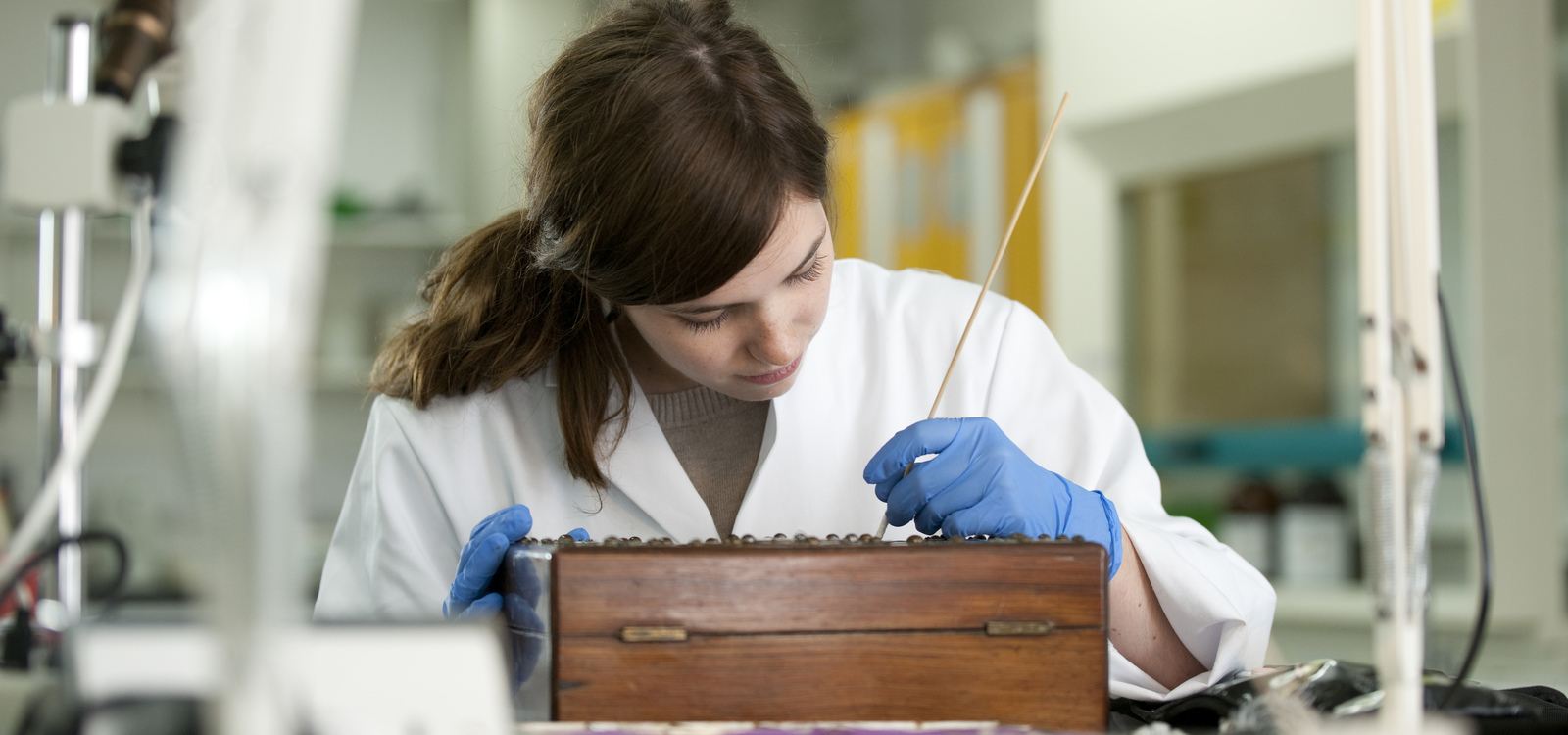How You Study
The Philosophy programme at the University of Lincoln prides itself on offering a high level of philosophical training in both the 'analytical' and 'continental' traditions that have dominated the discipline since the early twentieth century, allowing students to find out what best caters to their own aims and interests.
The programme is designed to give students the tools to think seriously and independently about major philosophical questions. Students can develop valuable skills in reasoning, analysis, creative problem solving, and communication, which are relevant for a wide range of careers.
Over the duration of the programme, students are expected to develop an understanding of all the major fields in contemporary philosophy, including ethics, metaphysics, philosophy of mind, philosophy of language, epistemology, logic, philosophy of religion, philosophy of science, existentialism, legal and political philosophy, animal ethics, philosophy of love and sex, Indian philosophy, and philosophy of psychiatry and mental illness. Students are also introduced to major figures in the history of philosophy, such as Students are also introduced to major figures in the history of philosophy, such as Plato, Aristotle, Nagarjuna, Descartes, Nietzsche, Wittgenstein, Sartre, and Simone De Beauvoir. Studying original texts from great minds both past and present can help students learn to form, develop, and defend their own answers.
Students will explore these areas using the philosophical method of logical analysis and reasoned argument, and from the outset will be encouraged to develop their own views, and to critically assess the views of others.
As Philosophy will be a new subject for many students, the first year of the degree offers a chance to study a wide range of modules, with increasing specialisation in years two and three. The course is mainly delivered through a series of lectures and seminars. Each module usually consists of lectures in which topics are introduced and key concepts and ideas are examined and explained. Lectures also introduce the reading required for seminars.
Seminars are used to support lectures and are an opportunity for students to meet with a tutor in smaller groups and discuss the philosophical topic under consideration in greater depth. Occasionally workshops are used to work through a particular issue, question, or topic.









